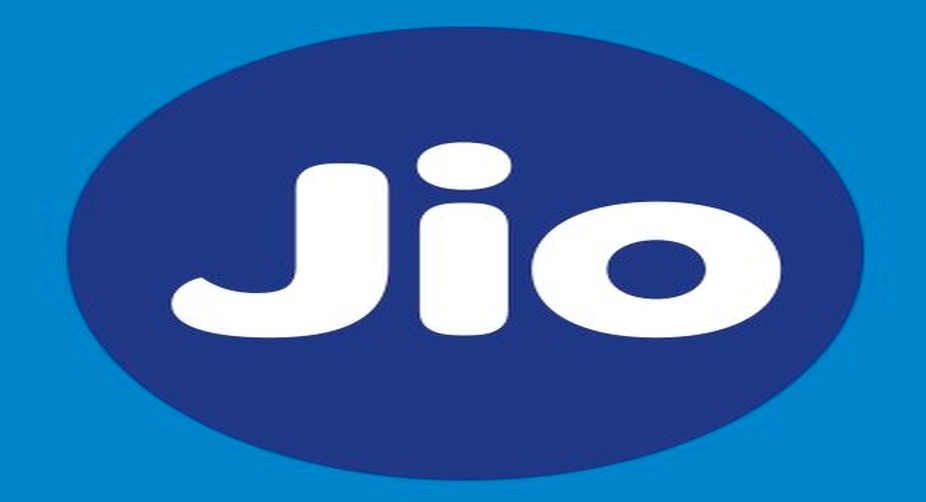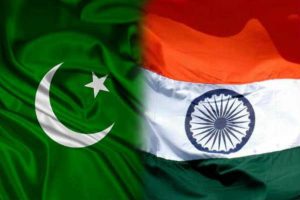Riding on the Jio wave, 2018 will see India gradually move away from being a developing 4G country, overcoming the hiccups necessary to become a full-grown 4G power, a new report said on Friday.
London-based OpenSignal, which specialises in crowdsourced wireless coverage mapping all over the world, said that Jio’s market entry kicked off an intense price war in the telecom scene in India, resulting in offerings of cheaper LTE services from all operators, driving more consumers to 4G than ever before
Advertisement
“The trend will continue next year. Whether Jio remains the huge dominant driver in 4G growth remains to be seen. After a year of free and steeply discounted data pricing, Jio may make 2018 the year it raises prices. That could level the playing field for India’s operators,” said Andrea Toth from OpenSignal.
“Jio’s widespread 4G access, along with its at-first free and later heavily discounted data and voice plans, quickly won the hearts — and wallets – of more than 100 million mobile users across the country,” Toth added.
India’s current mobile data subscriber penetration stands at 40 per cent which is expected to double to 80 per cent by 2022, according to Crisil’s predictions.
“LTE services have taken the leading role in the unprecedented increase of data users in the past year, in large part thanks to Jio,” the report said.
During the quarter ending June 2017, total data usage stood at over 4.2 million terabytes, out of which 4G data accounted for 3.9 million TBs, according to TRAI data.
“LTE availability in India is remarkable. The users were able to connect to an LTE signal over 84 per cent of the time — a rise of over 10 percentage points from a year earlier. This places India ahead of more established countries in the 4G landscape such as Sweden, Taiwan, Switzerland or the UK,” Toth noted.
Barely six months in the market this year, Jio secured its lead in the 4G availability race, “with users able to access its LTE signals 91.6 per cent of the time,” according to an earlier OpenSignal national report published in April this year.
No other mobile operator managed to score higher than 60 per cent in these tests.
“Six months later, we saw significant improvements in availability across all major operators but those improvements weren’t enough to close the gap with Jio, which was able to provide an LTE signal at a jaw-dropping 95.6 per cent of the time in the same test period,” Toth informed.
While LTE availability saw a meteoric rise, the same cannot be said of 4G speeds.
“In our latest State of LTE report, India occupied the lowest spot among the 77 countries we examined, with average download speeds of 6.1 Mbps, over 10 Mbps lower than the global average,” the report said.
As 4G adoption rose, and more and more consumers subscribed to 4G services, the networks experienced congestion, resulting in a decrease in average download speeds across the board.
With operators rolling out low-cost data plans to grow their consumer bases, and manufacturers launching affordable 4G smartphones enabling a greater slice of the population to get connected, OpenSignal expects 4G availability to maintain its rising trajectory across the country.











